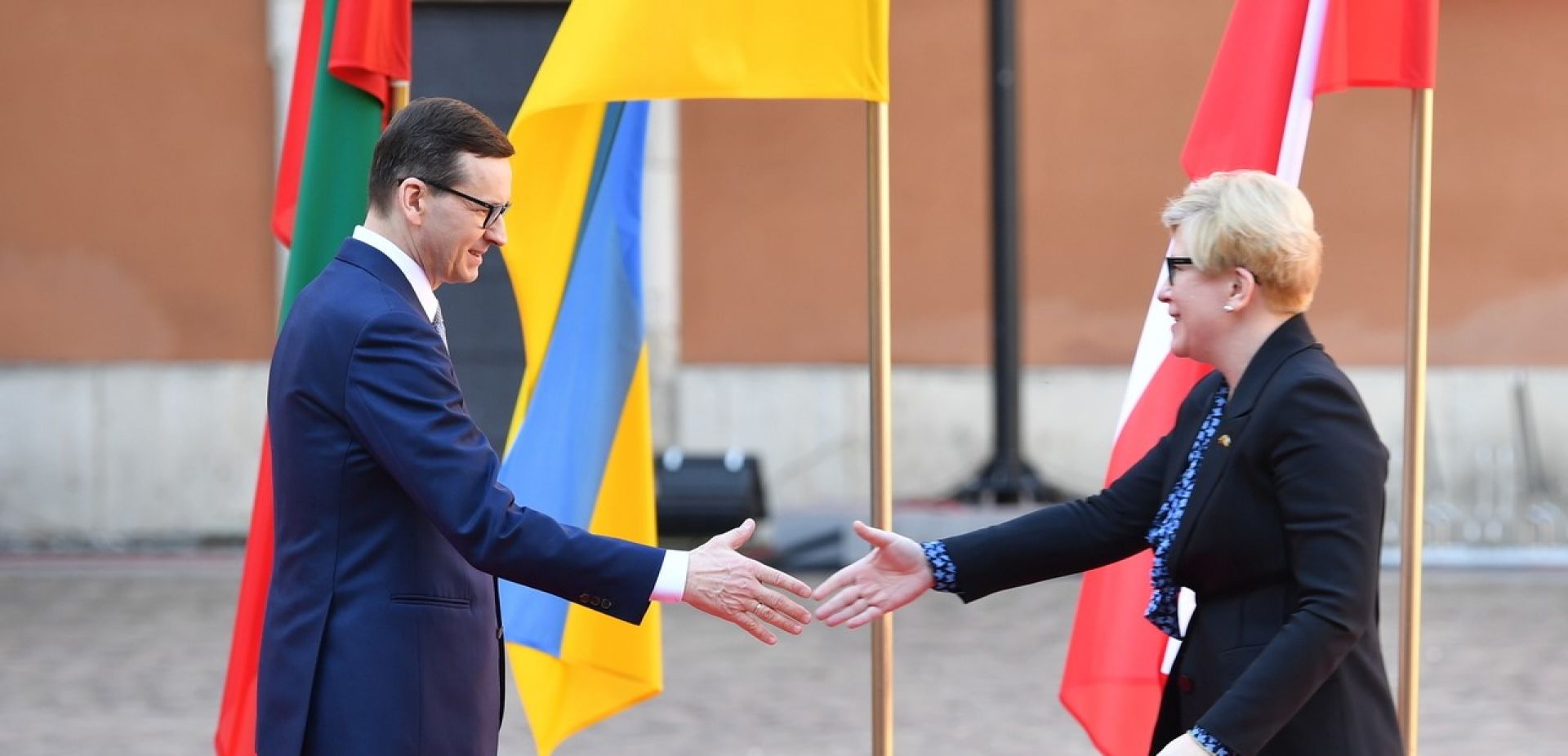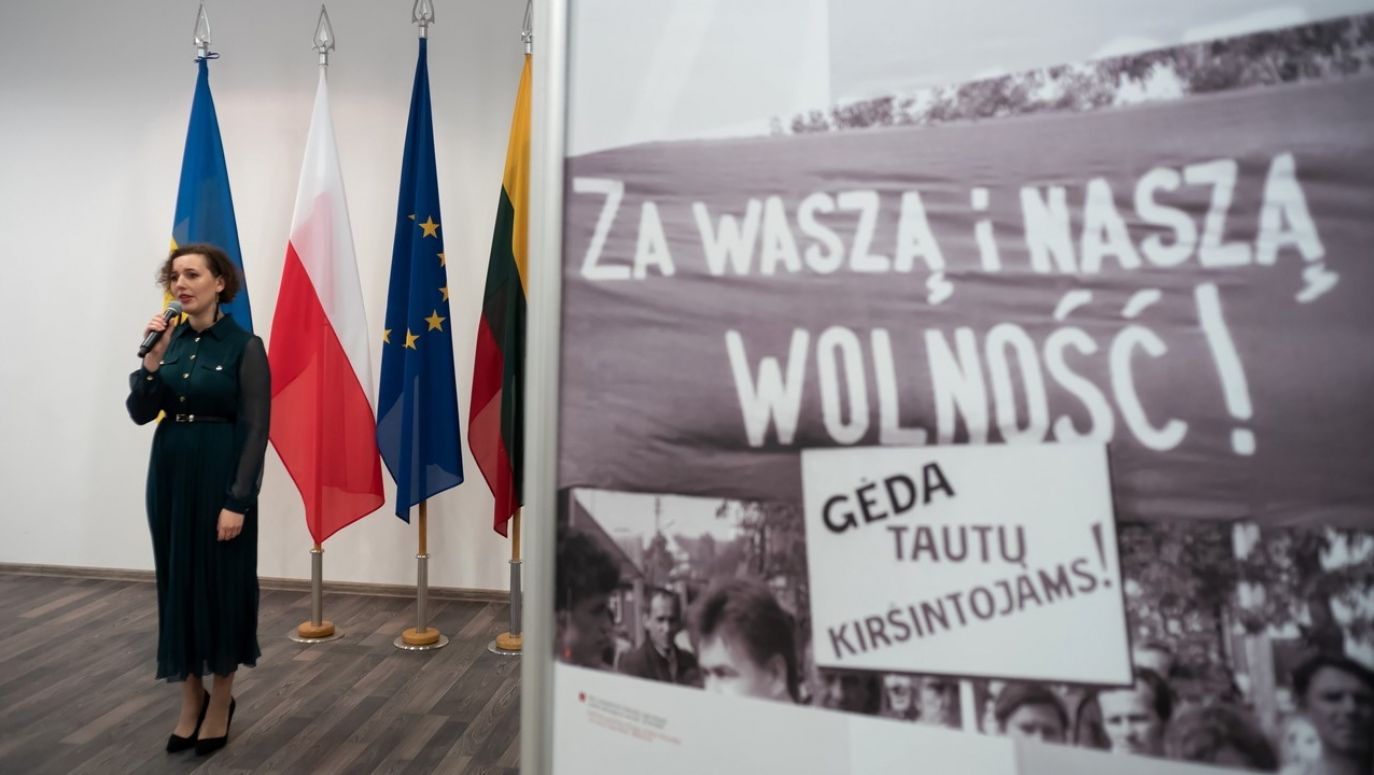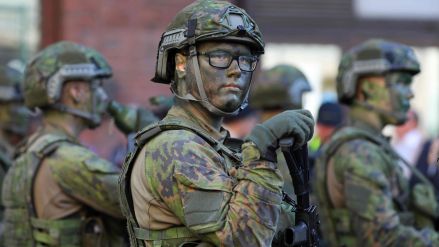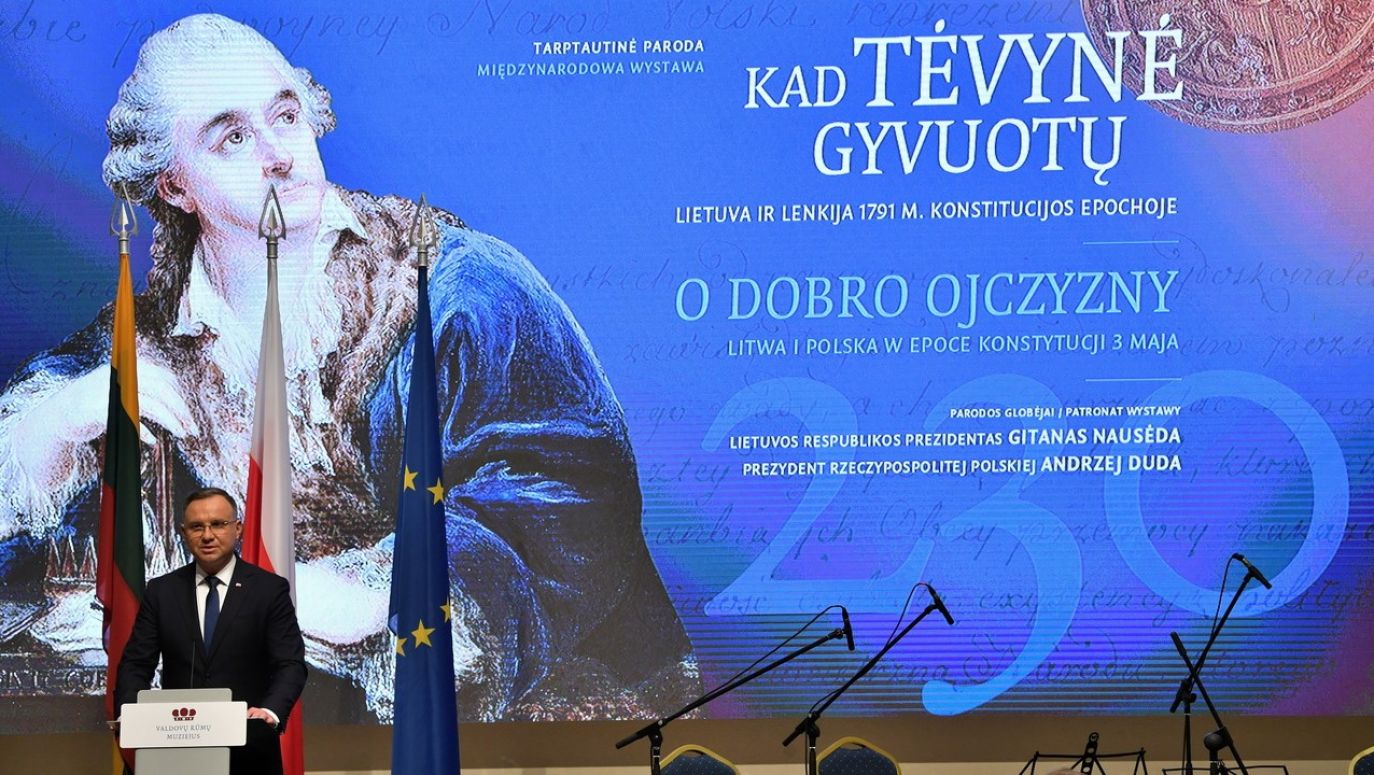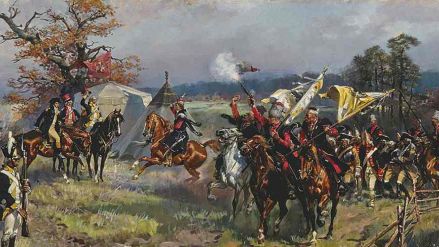Meanwhile, it is through Poland that the Lithuanian road to Europe leads. Through the narrow 'Suwałki isthmus', bounded on the one hand by the Russian Kaliningrad Oblast and on the other by Belarus, which is Russia's ally.
Problems with the past and Poles
Unfortunately, since its establishment in 1918, the Republic of Lithuania found itself in a sharp territorial dispute with Poland - first of all over Vilnius and the Vilnius region, but also over Suwałki. General Lucjan Żeligowski's "revolt" and the annexation of Vilnius to Poland were treated with decided hostility, although before the war a very small group of Lithuanians had lived in this city. The border between our countries was marked not by poles but by sticks with panicles on their tips.
Anyway, everything that concerned Poland was treated with dislike. King Ladislaus Jagiello was even considered a traitor who needlessly allied with the Poles. The Polish-Lithuanian Union, a great success and pride for us, was not a reason for glory for the Lithuanians.
In post-war Soviet Lithuania, many Poles still lived. And today the Vilnius region is largely inhabited by our compatriots. According to the 2021 census, 183,000 Poles live in the whole of Lithuania, or 6.52 per cent of the total population. In Vilnius alone it is about 17 percent, while in the Šalčininkai region 78 percent (in the municipalities of Ejszyszki and Medniki over 93 percent), and in Vilnius region (without the city of Vilnius) 52 percent. There are about 100 schools with the Polish language of teaching; there is a daily newspaper "Kurier Wileński" and several weeklies; there are radio stations. The Vilnius TVP is broadcasting. The Union of Poles in Lithuania and the regional party Electoral Action of Poles in Lithuania are active in several regions.
 WAR IN UKRAINE
WAR IN UKRAINE

From the Lithuanians' point of view, the situation is difficult: their capital is surrounded by areas inhabited densely by the Polish national minority. The most nationalistically-minded argued that in fact they are not Poles, but "polonised Lithuanians". Problems with the spelling of Polish names lasted for years. Lithuanians are extremely sensitive about their language and fear that it will be dominated, even by Polish. Hence the tendency to Lithuanianize surnames. For example, Adam Mickiewicz is Adomas Mickevičius. Lithuanian Poles have been fighting for years for the right to write their surnames in Polish. And not only their surnames, also names of places they live; Soleczniki is officially called Šalčininkai. Of course, there were also many other problems, e.g. land restitution - de facto decommunization - was carried out in a manner unfavourable for Lithuanian Poles.
Gestures and beyond
Now many things have changed radically. Firstly, the attitude to common history. The best example is the treatment of the anniversaries of the 3rd of May Constitution in Vilnius. This was also evident this year.
